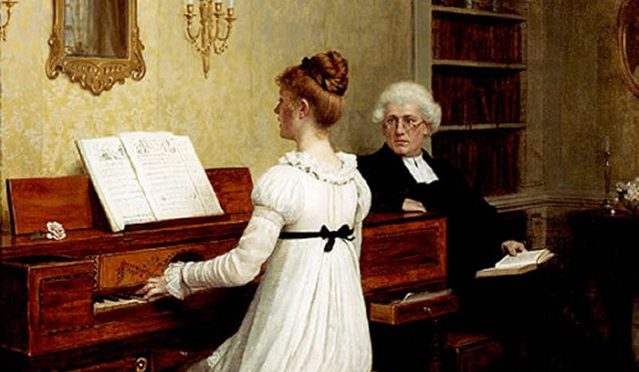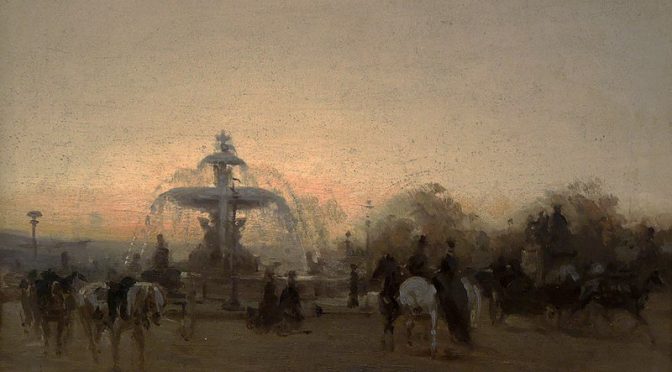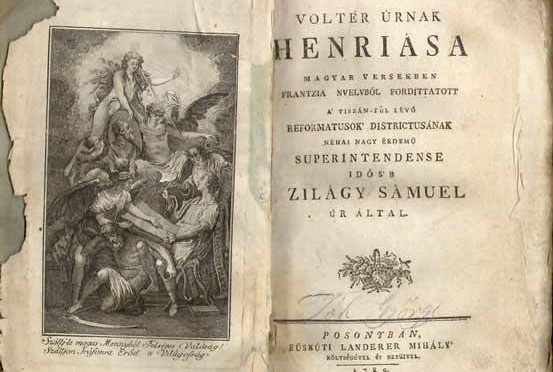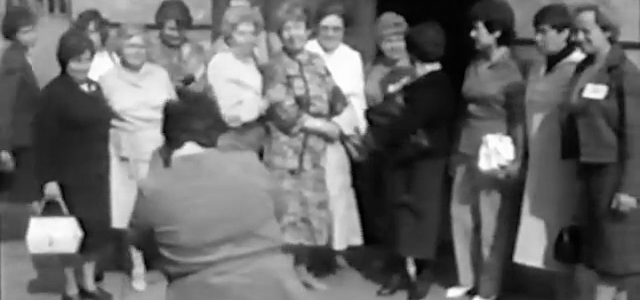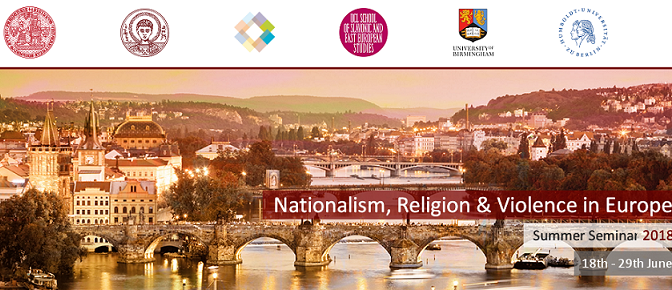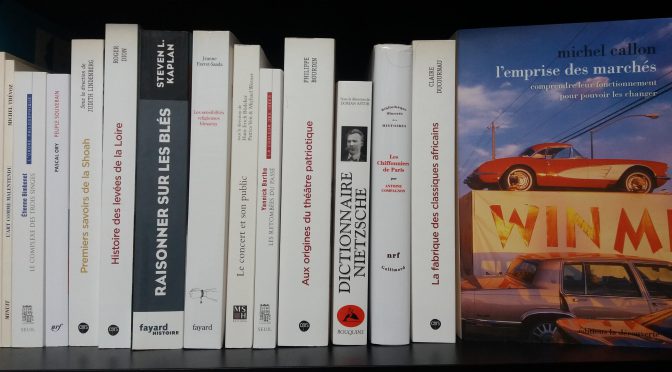Workshop
Organizátorky: Kristýna Hochmuth (ÚDU FF UK, NG) a Adéla Klinerová (ÚDU FF UK, EPHE, CEFRES)
Partneři: CEFRES, ÚDU FF UK, ÚDU AV ČR, NG
Datum a místo konání: 26.–27. června 2018, AV ČR, Národní 3, Praha 1
Jazyky: francouzština, angličtina
Workshop, otevřený doktorandům, postdoktorandům a mladým badatelům pořádá Francouzský ústav pro výzkum ve společenských vědách (CEFRES) spolu s Ústavem pro dějiny umění Filozofické fakulty Univerzity Karlovy (ÚDU FF UK), Národní galerií v Praze (NG) a Ústavem dějin umění Akademie věd České republiky (ÚDU AV ČR). Událost bude zahájena přednáškou našeho hosta, profesora Marka Zgórniaka (Ústav dějin umění, Jagellonská Univerzita, Krakov) a doplněna doprovodným programem určeným všem účastníkům.
Záměrem setkání je nahlédnout tradiční téma oboru dějin umění – tedy rozkvět a přitažlivost francouzského uměleckého prostředí – z pozice teorie kulturních transferů. Jedná se tedy především o různé aspekty šíření francouzské kultury v oblasti umění.
Call for papers můžete najít zde.
Detailní program události naleznete níže.
Zahajovací přednáška Marka Zgórniaka : „Umělecká výměna mezi Francií a Polskem v 19. století“

Historik umění Marek Zgórniak působí jako profesor Jagellonské univerzity v Krakově. Mezi jeho oblasti zájmu patří především architektura 19. století (zvláště pak novorenesanční architektura) a také francouzské umění předcházející impresionismu (disertační práce na téma benátských motivů ve francouzském malířství). Novější studie Marka Zgórniaka jsou věnovány polskému malíři Janu Matejkovi, vystavujícímu na pařížských Salonech, nebo také dílu francouzského sochaře Emmanuela Frémieta, konkrétně otázce Frémietových goril unášejích ženy.
- Wokół neorenesansu w architekturze XIX wieku, Kraków 1987 (nouvelle édition: Kraków 2013).
- Autour du Salon de 1887. Matejko et les Français, in: L. Salomé (éd.), Jeanne d’Arc, les tableaux de l’histoire, Paris 2003, 65–79.
- Fremiet’s Gorillas: Why Do They Carry off Women?, Artibus et Historiae 27, no 54, 2006, 219–237.
- Polish students at the Académie Julian until 1919, RIHA Journal, August 2012, nepag.
Prof. Marek Zgórniak se bude ve své přednášce věnovat vývoji francouzsko-polských vztahů v oblasti umělecké výměny od konce 18. až do začátku 20. století a představí tak problematiku konference na polském příkladu, který je specifický vzhledem k proměnlivým společenským a etnickým faktorům i politické situaci země, rozdělené mezi třemi sousedními mocnostmi. Je tak nutné vzít v potaz kontext nejméně tří odlišných územních celků. Autor dále představí současný a bohužel stále neúplný stav bádání v této oblasti.
Program
Úterý 26. června 2018, místnost 205 (2. patro)
9h–9h30 Registrace účastníků
9h30–10h Zahájení a úvodní slovo
10h–11h
Zahajovací přednáška Marka Zgórniaka (Jagellonian University, Kraków)
Umělecká výměna mezi Francií a Polskem v 19. století
Pauza na kávu
11h30–13h30
I. Transmission of style, models, ideas
Chair: Richard Biegel (Charles University, Prague)
Karolina Stefanski (Technical University of Berlin)
Transformation of French Empire Style in Silver from Berlin, Warsaw and Vienna, 1797-1848
Emeline Houssard (Sorbonne University, Paris / Centre André Chastel, Paris)
Paris-Berlin-Vienne, nouveau regard sur les marchés couverts de quartier (1838-1884)
Adéla Klinerová (Charles University, Prague / École Pratique des Hautes Études, Paris / CEFRES)
La référence française dans les revues d’architecture du XIXe siècle : le cas des revues publiées par la Société des architectes et ingénieurs du Royaume de Bohême
Oběd
15h–18h
II. Experience of the Parisian milieu: Art education, salons, artists’ colonies
Chair: Michael Werner (CNRS / École des Hautes Études en sciences sociales, Paris)
Konrad Niemira (École normale supérieure, Paris / University of Warsaw)
Shopping in Paris? Michał Hieronim Radziwiłł and French Art Market 1788-1802
Kristýna Hochmuth (Charles University, Prague / National Gallery in Prague)
Couture ou Cogniet? La première vague d’artistes tchèques en France
Pauza na kávu
Stéphanie Baumewerd (Technical university of Berlin)
« Steffeck et son école d’après le modèle parisien ». L’atelier de Carl Steffeck (1818-1890) comme exemple de la formation artistique transnationale au XIXe siècle
Stéphane Paccoud (Museum of Fine Arts, Lyon)
« L’école de Paul Delaroche ». Un modèle français pour une peinture d’histoire nationale en Europe centrale
Středa 27. června 2018, místnost 108 (1. patro)
9h–11h
III. Network: Individual mediators
Chair: Taťána Petrasová (Czech Academy of Sciences)
Réka Krasznai (Eötvös Loránd University, Budapest / Hungarian National Gallery, Budapest)
Réseaux et médiateurs – de Gautier à Munkácsy – et leur rôle dans les stratégies d’émergence et de carrière des peintres hongrois à Paris
Kati Renner (Technical University of Dresden / Berlinische Galerie)
Bringing Paris to Florence. Otto Hettner (1875-1931) and the Dissemination of Modern Artistic Ideas around 1900
Barbara Vujanović (University of Zagreb / Museums of Ivan Meštrović – Meštrović Atelier, Zagreb)
Ivan Meštrović. Exemples de diplomatie culturelle entre Paris et Prague
Pauza na kávu
11h30–13h
IV. Network: Transmission of savoir-faire
Chair: Taťána Petrasová (Czech Academy of Sciences)
Anežka Mikulcová (Charles University, Prague)
French “silhouette” versus Czech “shadow image”
Małgorzata Grąbczewska (University of Gdańsk / Royal Łazienki Museum, Warsaw)
La diffusion de la pensée et du savoir-faire photographique entre la France et la Pologne au XIXe siècle
13h Závěrečné shrnutí
15h
Komentovaná prohlídka Národní galerie v Praze (Veletržní palác) s Kristýnou Hochmuth
Součástí prohlídky bude část stálé expozice spolu s výstavou Konec zlatých časů. Gustav Klimt, Egon Schiele a vídeňská moderna.
Místo setkání: vstupní hala muzea, Dukelských hrdinů 47, Praha 7
18h–19h30
Přednáška Michaela Wernera (CNRS-EHESS)
Hudba jako univerzální umění? Internacionalizace hudebního života a formování národní identity v Evropě 19. století
Anotace přednášky (ve francouzštině):
Dans la conférence, on reviendra sur les transformations de la vie musicale en Europe au 19e siècle, en particulier relatives au concert. On assiste en effet à un phénomène paradoxe : d’un côté une véritable internationalisation, fondée, entre autres, sur la mobilité des musiciens, la constitution d’un répertoire, l’émergence d’un marché et d’une presse spécialisée ou encore la professionnalisation des métiers de la musique. De l’autre une nationalisation progressive des schèmes interprétatifs de la musique et des phénomènes de réception, voire l’appropriation de la musique par les mouvements nationaux. On proposera quelques outils d’analyse permettant d’éclairer ces mutations et de les inscrire dans une histoire croisée des cultures en Europe.
Místo konání: Francouzský institut v Praze, Štěpánská 35, Praha 1, 5. patro
Jazyk přednášky: francouzština se simultánním tlumočením do češtiny

